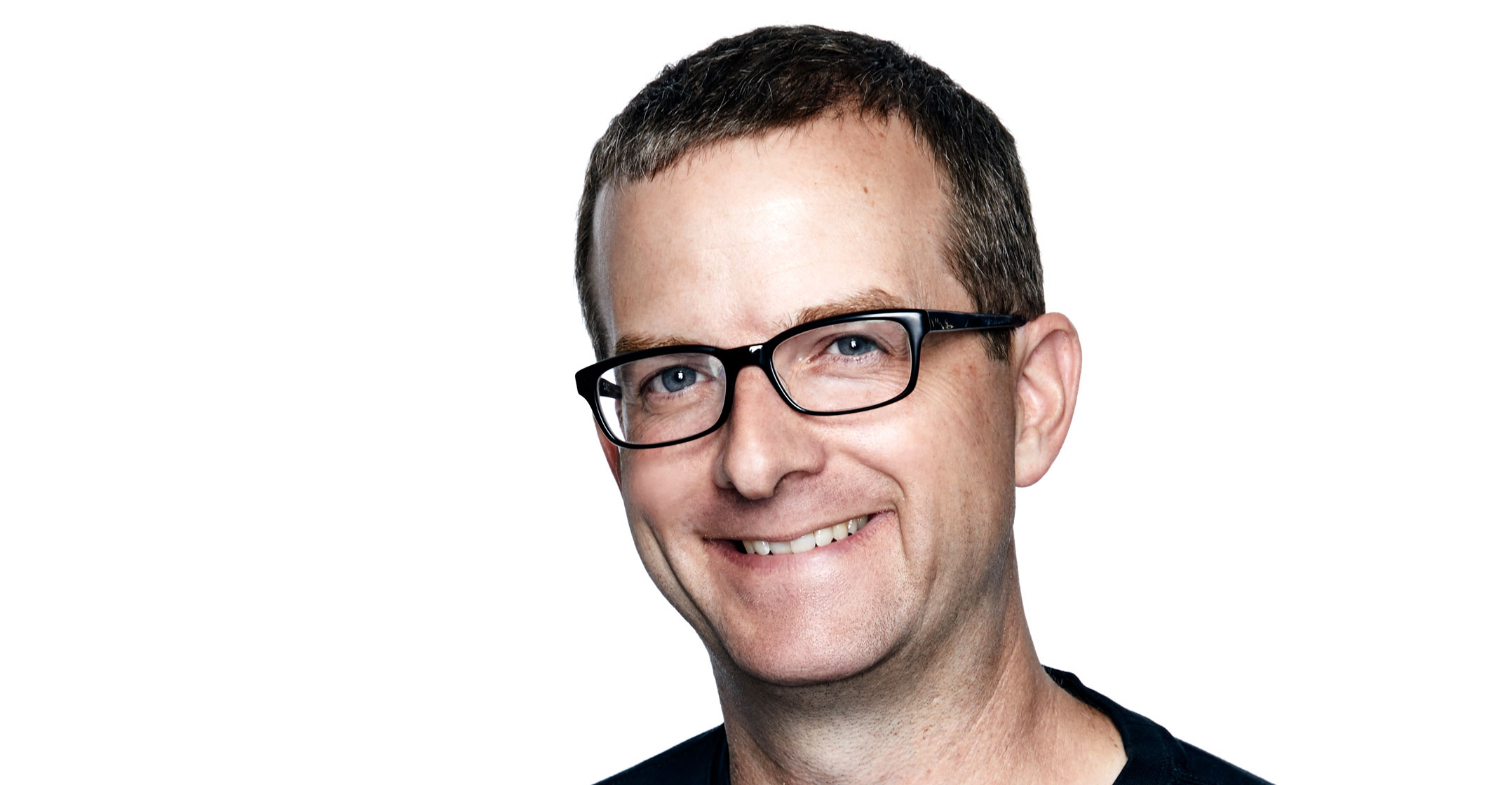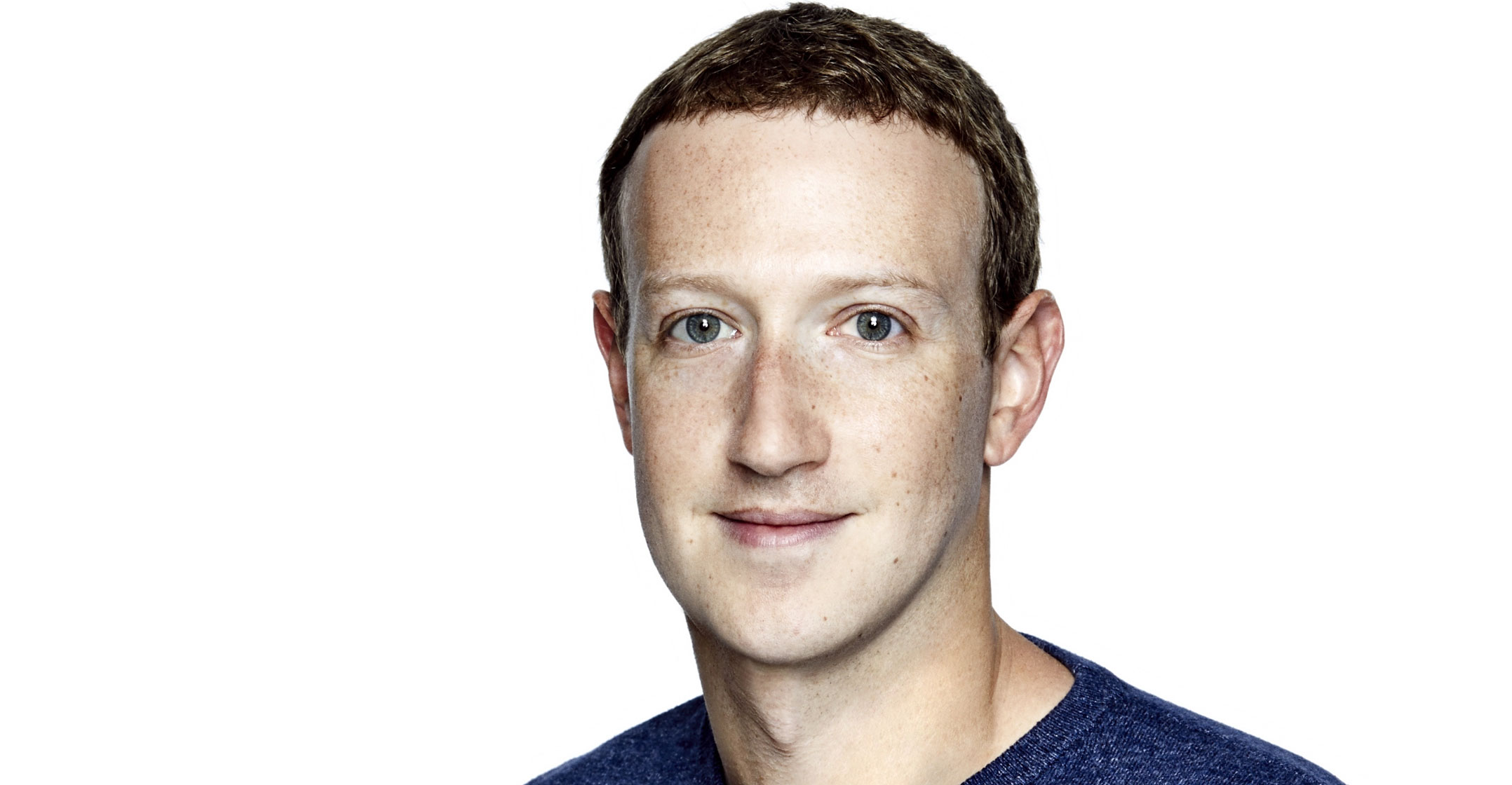
Facebook chief technology officer Mike Schroepfer, a 13-year veteran who oversees the social network’s work in artificial intelligence, virtual reality and the blockchain, will step down next year.
Another longtime Facebook executive, Andrew Bosworth, will take over as CTO, according to an internal message on Wednesday from CEO Mark Zuckerberg. Schroepfer’s move marks the most significant departure from the company in years and follows the recent exits of several other top executives.
Known as “Schrep”, Schroepfer joined Facebook in 2008 and has been CTO since 2013, reporting to Zuckerberg. He sits atop many of Facebook’s most ambitious organisations — including groups that the social network is depending on for future growth — such as engineering, infrastructure, augmented reality and VR, and the blockchain and finance unit. His desk sits next to Zuckerberg’s and operating chief Sheryl Sandberg’s at Facebook headquarters.
Schroepfer’s most central role has been his oversight of Facebook’s AI organisation, which he helped build. That group develops the technology Facebook uses to automatically find and remove content that violates its policies, like nudity, hate speech and graphic violence.
Menlo Park, California-based Facebook has come under escalating pressure to improve the AI systems it uses to police user content, fight false information and remove harassing or offensive posts. That pressure has increased following a series of reports in the Wall Street Journal last week that found evidence describing the company’s struggles to reckon with issues like Covid-19 misinformation and human trafficking.
‘Senior fellow’
With billions of global users to serve, Facebook executives have pointed to AI technology as the best way to police posts at such a large scale. The technology is far from perfect, and Facebook also uses thousands of human content moderators to monitor posts on its apps.
Schroepfer, 46, will continue to advise the company in a new part-time “senior fellow” role, helping with recruiting technical talent and developing the company’s artificial intelligence initiatives.
“This new position will also create more space for me to dedicate time to my family and my personal philanthropic efforts while staying deeply connected to the company,” Schroepfer wrote in an internal post.
Schroepfer has become one of the most visible Facebook executives, often speaking at events and at Facebook’s own annual developer conference
Before joining Facebook, Schroepfer worked for Web browser maker Mozilla. A Stanford University graduate, he has become one of the most visible Facebook executives, often speaking at events and at Facebook’s own annual developer conference. He represented the social network at a hearing before the UK parliament to discuss the company’s Cambridge Analytica data-sharing scandal in 2018.
He cuts a high profile internally as well, frequently appearing at companywide meetings, and is the executive sponsor for the internal “Women@ Facebook” employee group.
Schroepfer’s departure means a step up for Bosworth, 39, who is also one of the company’s longest-tenured executives. He has held a number of roles since joining Facebook after meeting Zuckerberg while the CEO was still a university student, including leading the company’s advertising organisation. For the past few years, Bosworth has helmed Facebook Reality Labs, the company’s AR and VR efforts, including its plans to develop a virtual metaverse.

“Boz will continue leading Facebook Reality Labs and overseeing our work in augmented reality, virtual reality and more, and as part of this transition a few other groups will join Facebook Reality Labs over the next year as well,” Zuckerberg wrote to employees.
Facebook has lost a number of veteran executives in recent months. Fidji Simo, the head of the company’s flagship social networking app, left in July to become CEO at Instacart, and was joined there shortly after by Carolyn Everson, who was a Facebook vice president running its global business relationships with advertisers. Both women were at Facebook for more than 10 years. — Reported by Kurt Wagner, (c) 2021 Bloomberg LP




